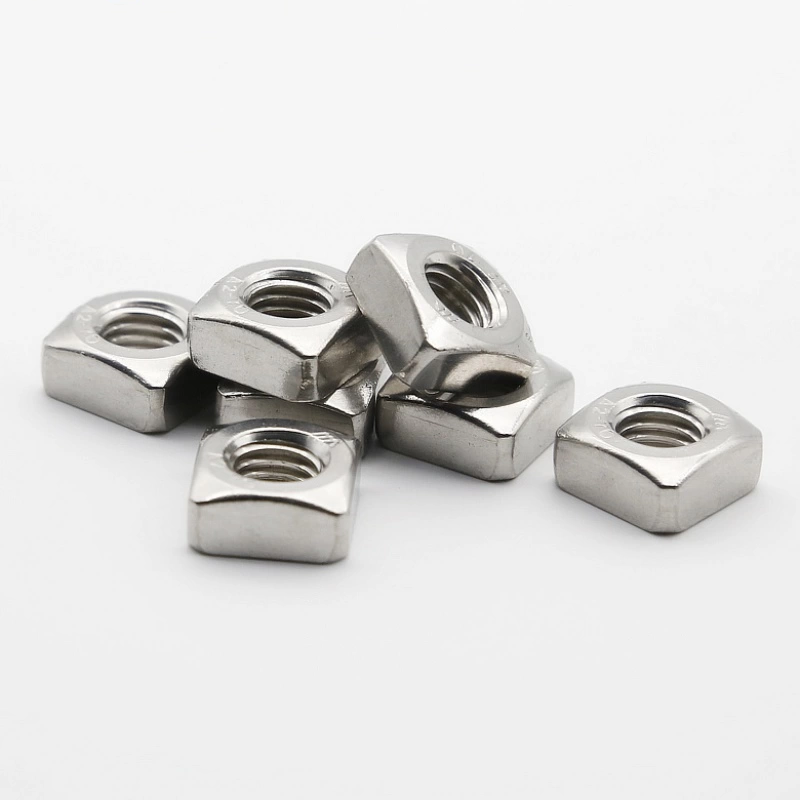

a metal washer
12月 . 29, 2024 14:38 Back to list
a metal washer
The Versatile World of Metal Washers
Metal washers may seem like simple, unassuming objects, yet they play a crucial role in a wide range of applications across various industries, from construction to automotive engineering. These flat, disk-shaped components serve multiple functions, enhancing the integrity and performance of mechanical assemblies.
At their core, metal washers are designed to distribute load, reduce friction, and provide a smooth surface for fastening components together. When a bolt or screw is tightened, the washer sits between the fastener and the surface of the material, helping to evenly distribute the load over a larger area. This prevents the fastener from sinking into the material, which could lead to damage or failure. For instance, in wood construction, the use of flat washers can prevent deck screws from pulling through the wood fibers, thereby extending the life of wooden structures.
Furthermore, washers also serve to reduce the potential for galling and friction between two surfaces. When metal parts are fastened together without a washer, the direct contact can lead to wear and tear, especially under high stress or movement conditions. This is particularly significant in industries like aerospace, where the tolerances are incredibly tight, and any wear can jeopardize safety. By using a metal washer, engineers enhance the durability of their assemblies, significantly reducing the risk of failure and increasing operational lifespan.
There are various types of metal washers, each specifically designed for different applications. Flat washers are the most commonly used and are often made from materials like stainless steel, aluminum, or brass. Each material offers unique properties such as corrosion resistance, weight, and strength, which can be chosen based on the requirements of the application.
a metal washer

Lock washers, on the other hand, are designed to prevent loosening under vibrations. They do this by creating a tension between the fastener and the surface, which maintains a more secure connection even in dynamic environments. This makes them essential in machinery and automotive applications, where vibrations are commonplace and can lead to fastener loosening over time.
Another interesting variety is the tapered washer, which is utilized in applications where there is a need to accommodate irregular surfaces or to assist with load distribution on uneven materials. They are often employed in plumbing and shower installations, ensuring a tight seal that can effectively prevent leaks.
In addition to their functional properties, the manufacturing of metal washers showcases advancements in technology and materials science. The production process, involving stamping, machining, or laser cutting, allows for precision engineering that meets strict industry standards. Manufacturers are continually innovating, developing washers that minimize weight while maximizing strength, an essential consideration in industries like aerospace and automotive, where efficiency is key.
Despite their simplicity, metal washers play a fundamental role in modern engineering. They not only secure components but also extend the life of machines and structures, making them an essential part of any assembly. As industries advance and the need for durable, reliable components increases, the importance of washers will undoubtedly continue to grow.
In summary, metal washers may be small, but their impact is vast. Understanding their role and the different types available can help in selecting the right washer for any project, ensuring safety, efficiency, and longevity in mechanical assemblies. Whether you're a DIY enthusiast or a seasoned engineer, appreciating the nuances of metal washers can enhance the quality of your work and contribute to successful outcomes in your projects.
Latest news
-
Best Self Tapping Screws for Drywall - Fast & Secure Installation
NewsJul.31,2025
-
High-Strength Hot Dip Galvanized Bolts-Hebei Longze|Corrosion Resistance&Customization
NewsJul.31,2025
-
Hot Dip Galvanized Bolts-Hebei Longze Metal Products|Corrosion Resistance&High Strength
NewsJul.31,2025
-
Hot Dip Galvanized Bolts-About LongZe|High Strength, Corrosion Resistance
NewsJul.30,2025
-
High-Strength Hot Dip Galvanized Bolts - Hebei Longze | Corrosion Resistance, Customization
NewsJul.30,2025
-
Hot Dip Galvanized Bolts-Hebei Longze|Corrosion Resistance&High Strength
NewsJul.30,2025

